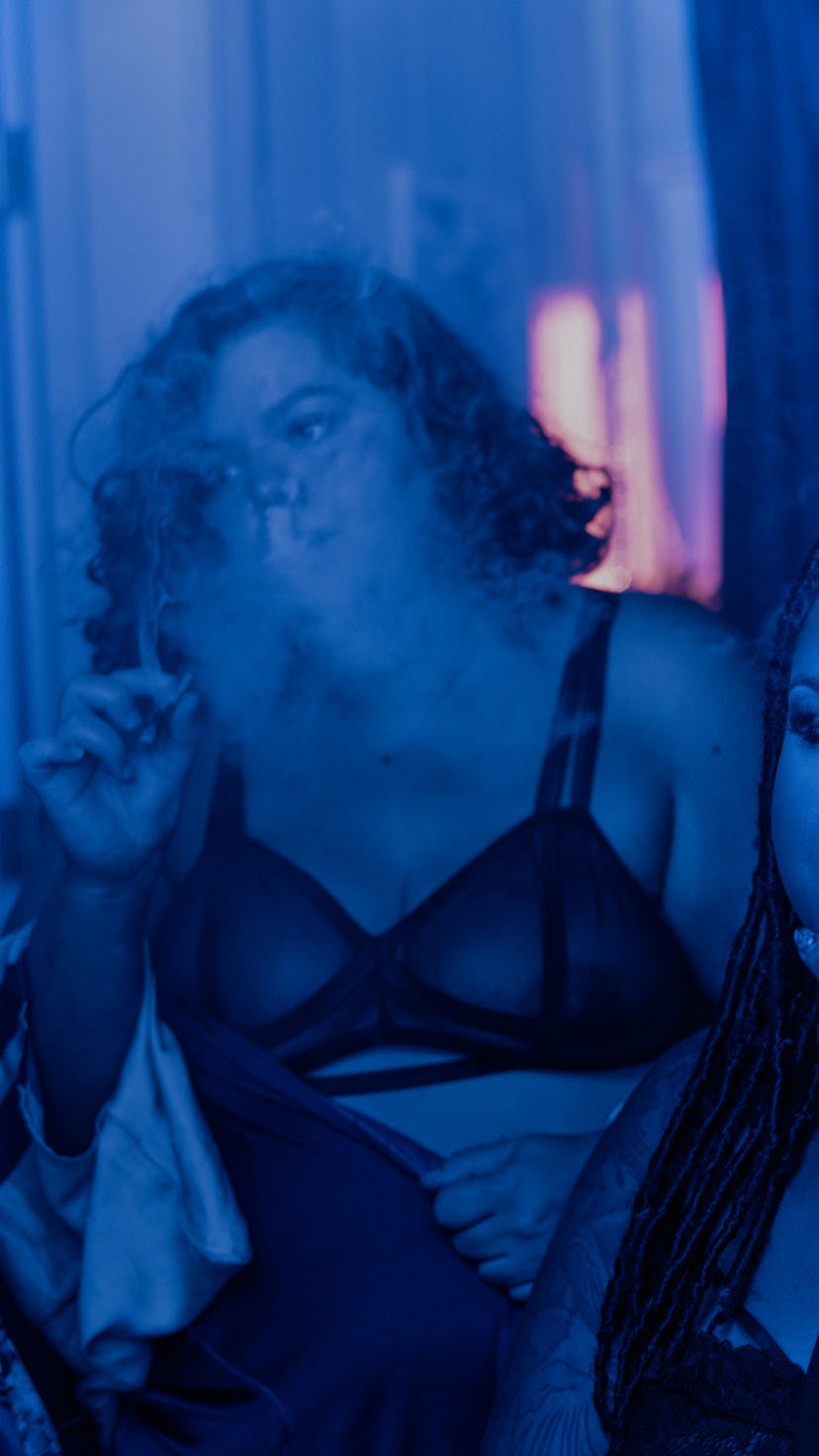How to sell legal weed with a conscience
Common Citizen centers Detroit's communities, aiming to reshape a fraught legal weed landscape — and it might just work.

In theory, cannabis legalization is supposed to right the wrongs of a criminal justice system that disproportionately targets Black and brown people for cannabis use, a legacy of the racist war on drugs. But in practice, it’s proven to perpetuate these inequities, opening the floodgates to a deluge of Instagrammable, tech bro-founded cannabis brands, many of which seem indifferent to the fraught history of their cash cow in communities of color.
Change is coming, albeit slowly. And the most inspiring change is coming from communities focused on using the plant to liberate themselves from all types of systems of oppression. And since talk is cheap, Common Citizen, a Michigan-based cannabis brand teamed up with filmmakers Even/Odd and creative agency Abouttime to create a documentary short firmly rooted in the state’s cannabis communities. In this case, seeing truly is believing.
Cannabis for Humanity highlights 16 Michiganders’ personal experiences with the plant and commitment to de-stigmatizing it, in their own words. Weed brands could use it as an example of what centering people — not just profits — can look like.
Common Citizen was co-founded in 2018 by Michigan native Michael Elias, who has an extensive background in public health. His team’s overarching goals include reshaping the whitewashed, Silicon Valley narrative about weed. “We’re taking a subject that has often been overanalyzed and fallen under the gaze of white-dominated institutions — and we’re flipping all that on its head,” said Even/Odd’s Mohammad Gorjestani, director of the film, which premiered in Detroit in November. Common Citizen also dropped a product last month (a preroll called “Principle”) pledging 100% of its proceeds to Michigan’s social equity programs.
Cannabis for Humanity is richly crafted from both an aesthetic and casting standpoint, embracing Michigan’s culture — especially in Detroit’s Black community — and the diversity of the state’s cannabis users, while pushing back on the stereotype of the perpetually couch locked white dude. The film aimed to “reveal the way that Michigan, in all its diversity, is a microcosm of where the country is headed.”
The documentary notes that within a week of Michigan legalizing recreational weed in 2018, local economies made $1.6 billion in legal cannabis sales — yet close to 2,000 people remain behind bars for cannabis-related offenses or sentence enhancement. Until recently, that included OG Weets, incarcerated for five years for cannabis charges.
“While I’m in prison, I’m watching so much fucking weed being sold, guys opening dispensaries, and it's all not Black,” he says early on in the film, pointing out the bitter irony of legalization. “The racism that built this country is the same racism that's running the marijuana industry.” Now he’s trying to gain a foothold in it.
Even when weed doesn’t land people behind bars, the stigma enshrouding it can still have devastating consequences. In the film, one unnamed mother talks about losing her job because of her cannabis use, while Rebecca Neil, also a mother and owner of a holistic health practice, was harshly judged by her Bible Belt community for using marijuana to help manage her epilepsy.
In a similar vein, Lanardo Tyner explains over footage of him shadow boxing in the ring that his boxing license was suspended for two years when he tested positive for weed. Citing the “wear and tear” boxers undergo, he says he believes all sports should allow the pain-relieving plant. Besides Tyner, the film profiles a handful of other athletes-turned-cannabis advocates, like Diop Shumake, founder of Runner’s High, an organization that fundraises for the University of Michigan’s research on the synergy between running and weed.
Indeed, the film reveals how cannabis can deepen all that imbues people’s lives with meaning, whether athletics or the arts. Despite the stigma against weed in her Muslim community, Imani (who’d prefer to use a pseudonym to protect her safety and wellbeing in the Muslim community) says the plant brings her closer to God. “I’m able to be more aware in this world, aware of Allah's creations.”
Still others, like activist and Detroit bud & breakfast owner Jess Jackson, are dismantling stigmas within the cannabis world. A self-described “descendant of the war on drugs” whose father was addicted to crack cocaine, she decided to fight fatphobia in cannabis marketing through creating the Curvy Cannabis community. “Cannabis is a healing medium that fat bodies serve and need,” she says over a montage of her and her community members lighting up in lingerie.
By weaving community throughout Cannabis for Humanity — including its soundtrack, which features Michigan musicians — Common Citizen shows how cannabis companies can transcend profit. They can be forces for equity. They can help communities of color rightfully reclaim the industry whose foundation they built.